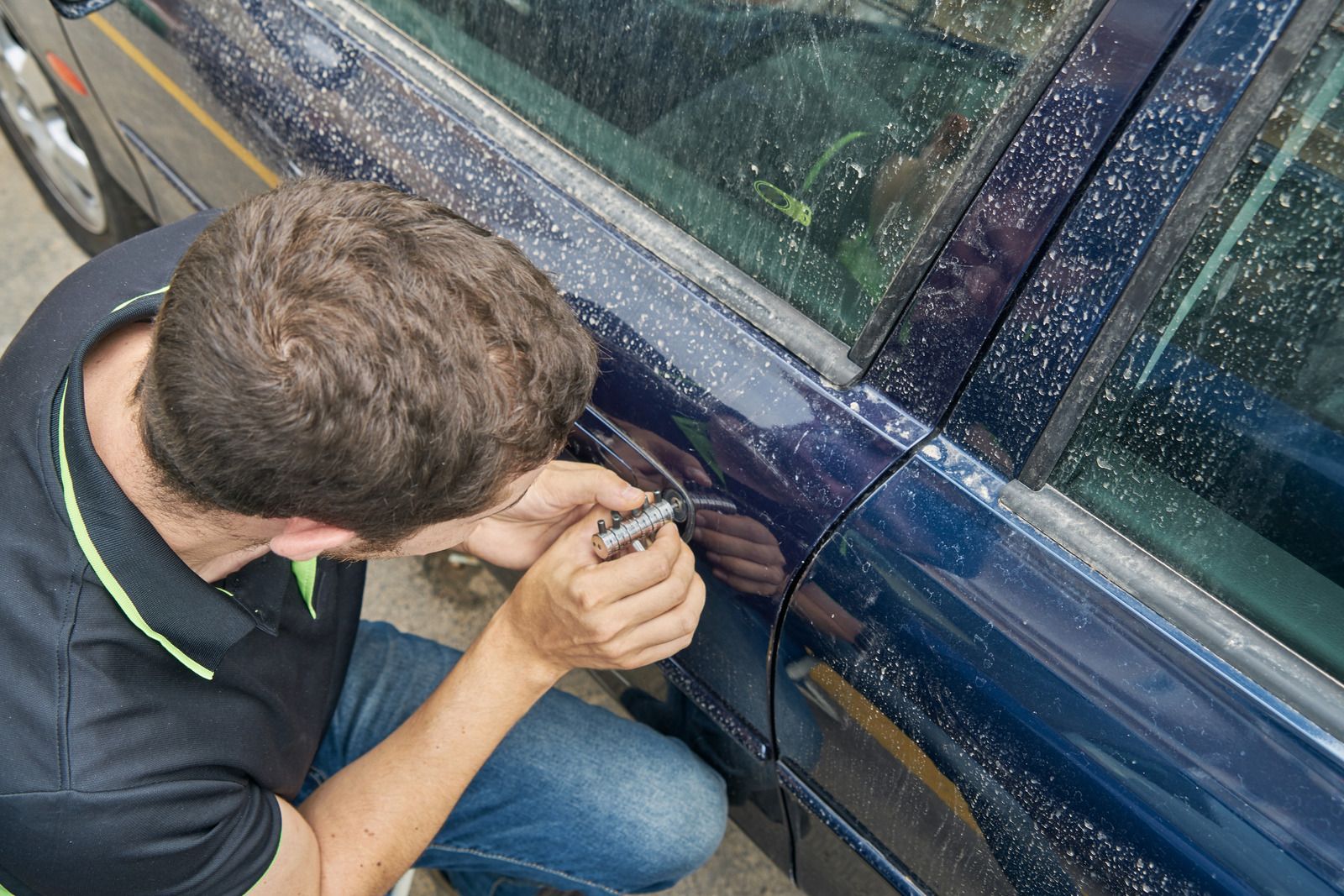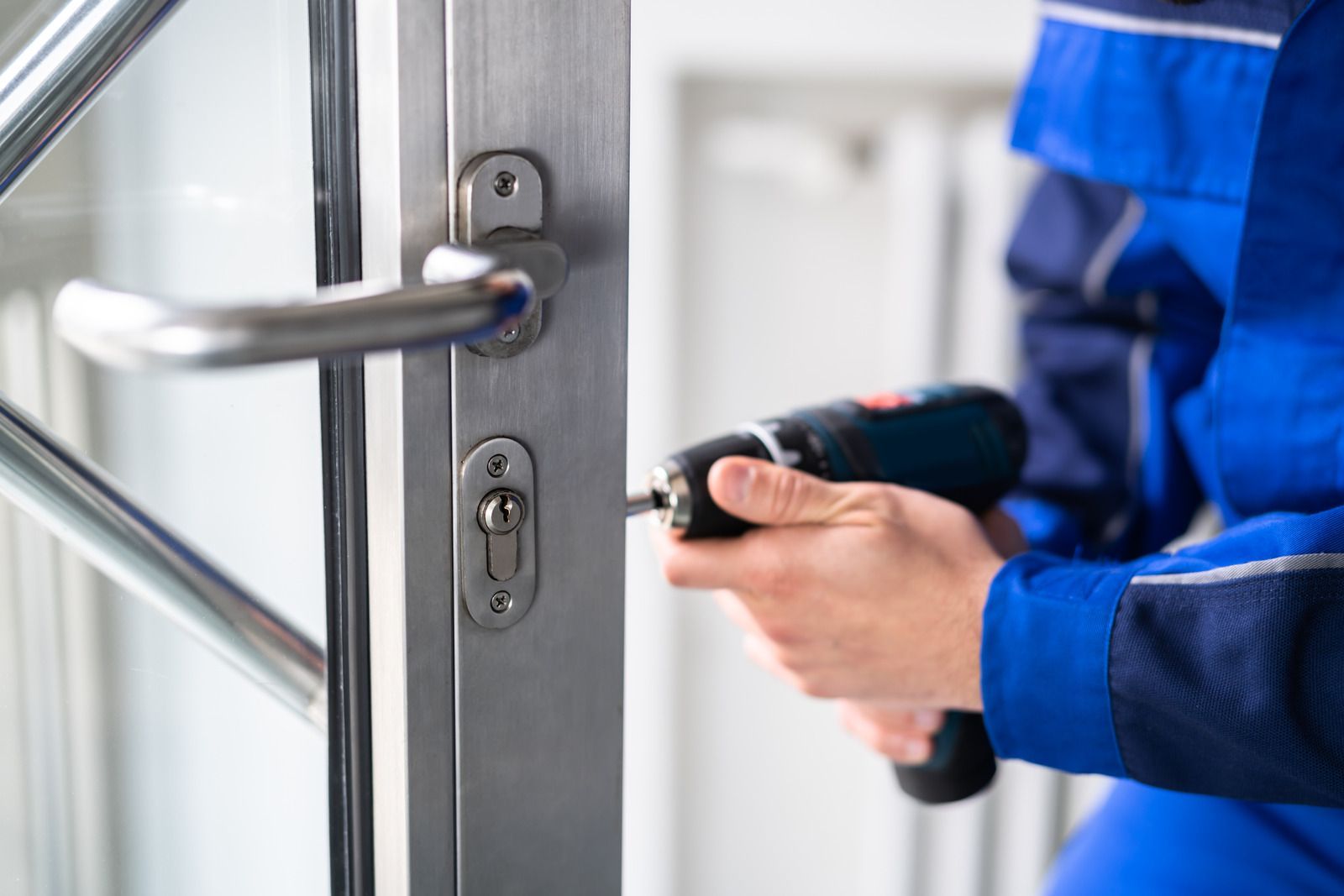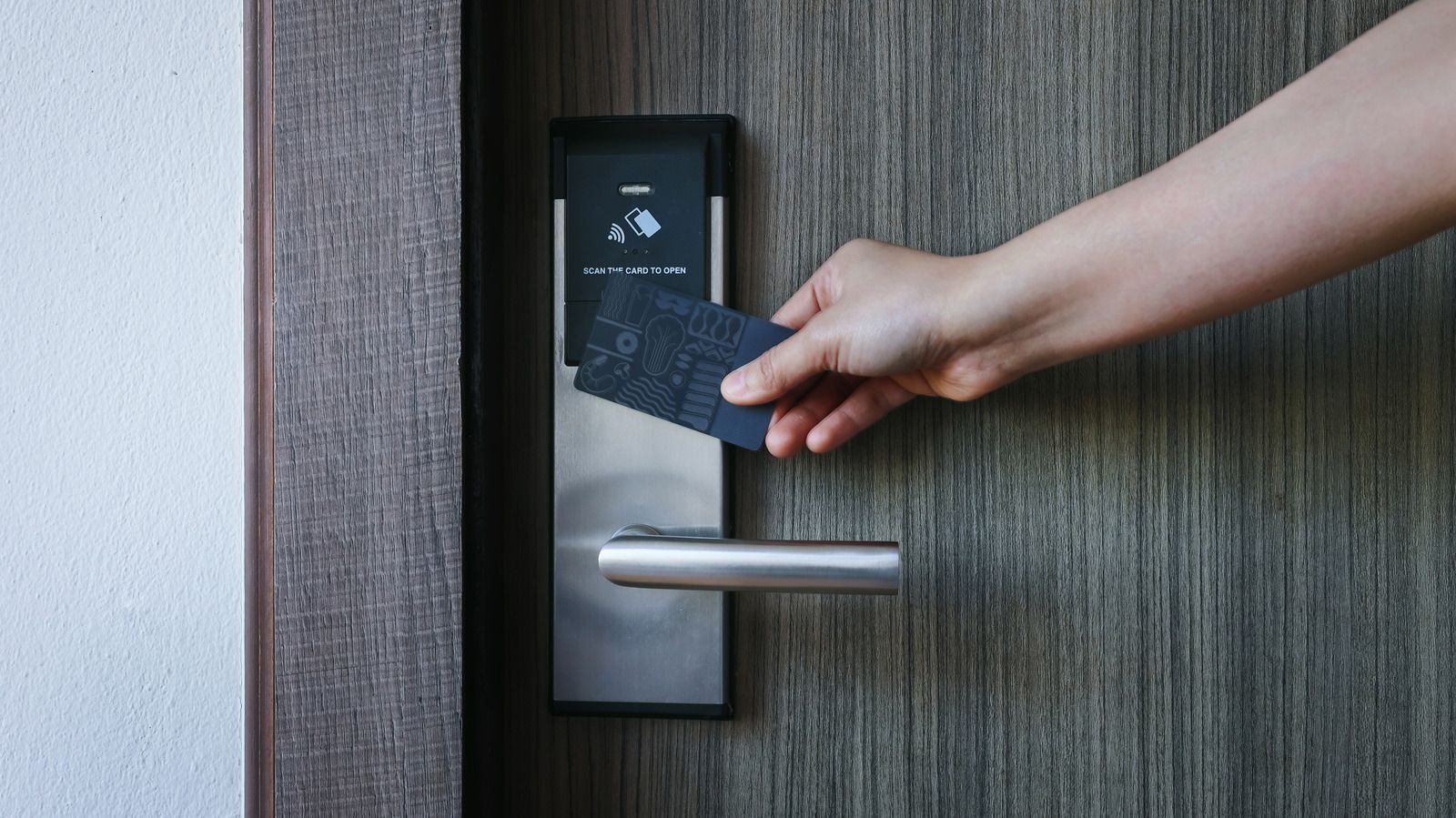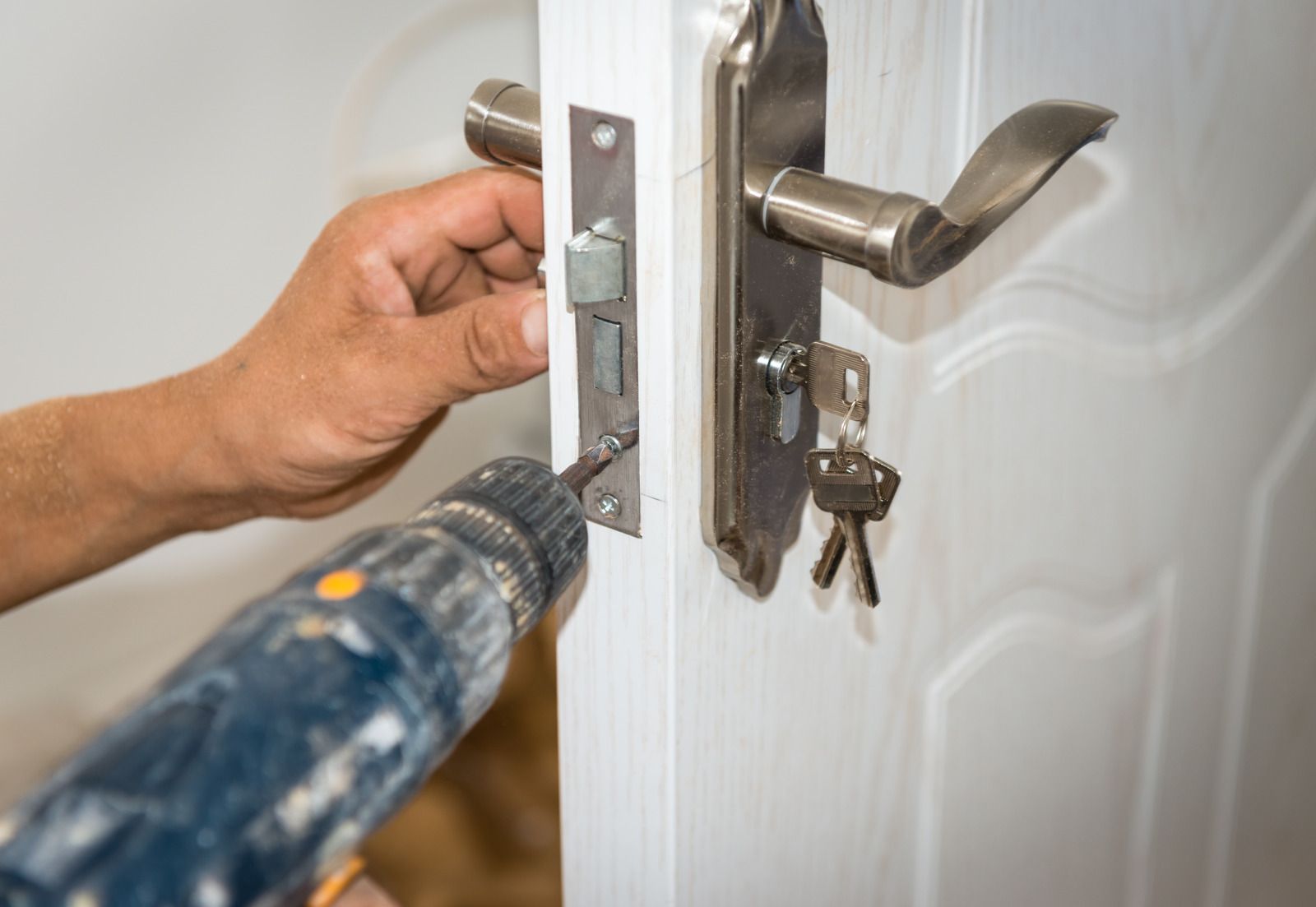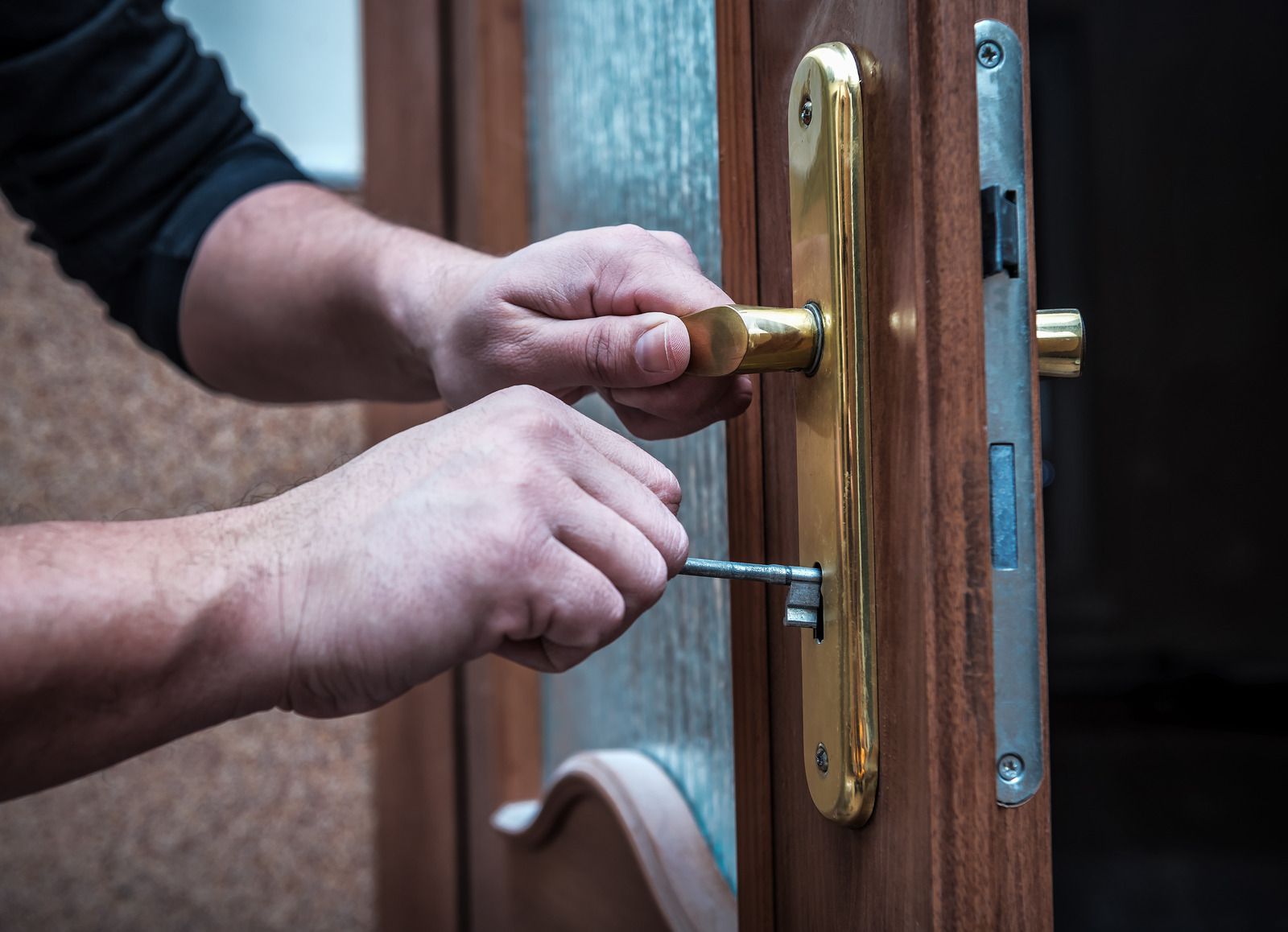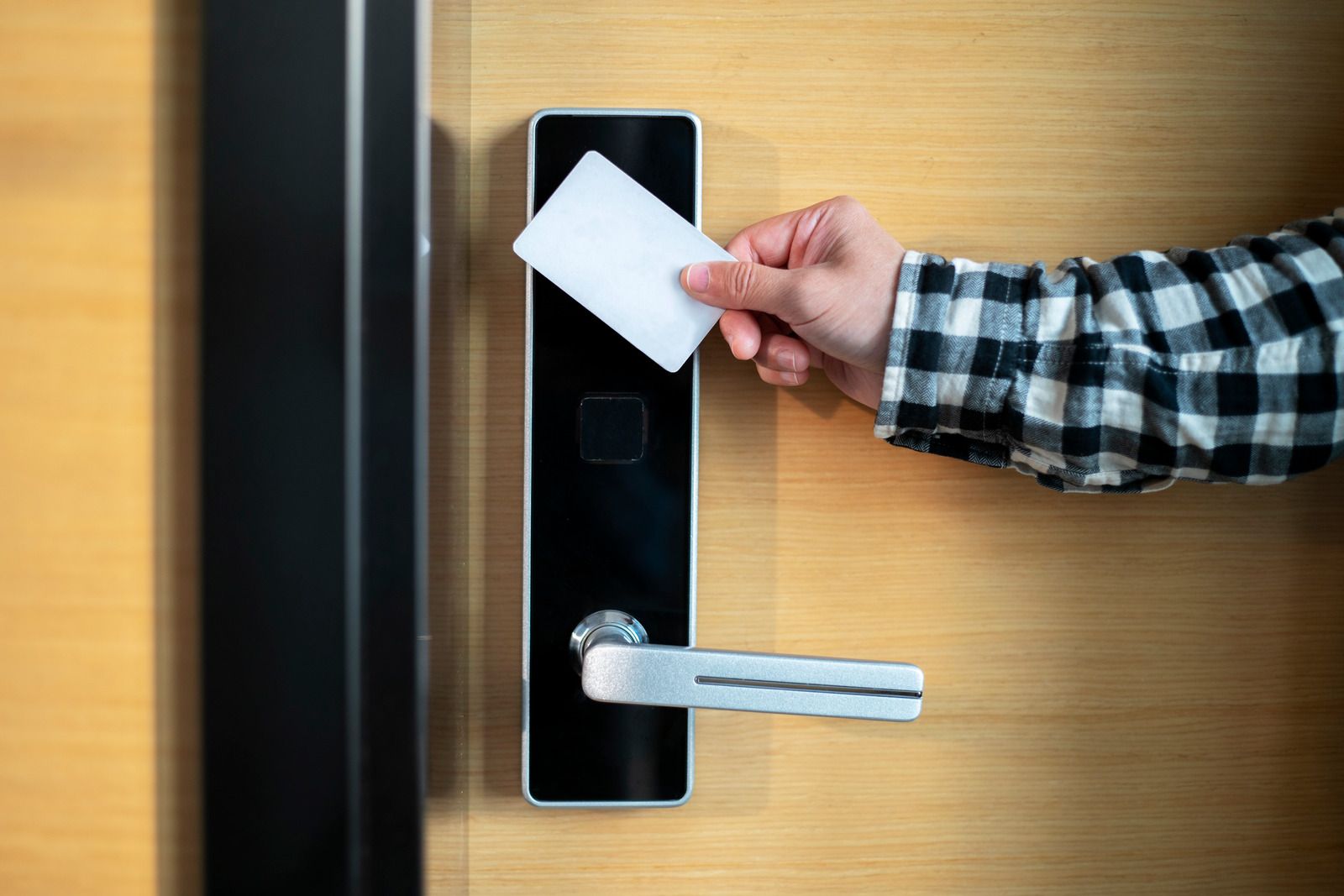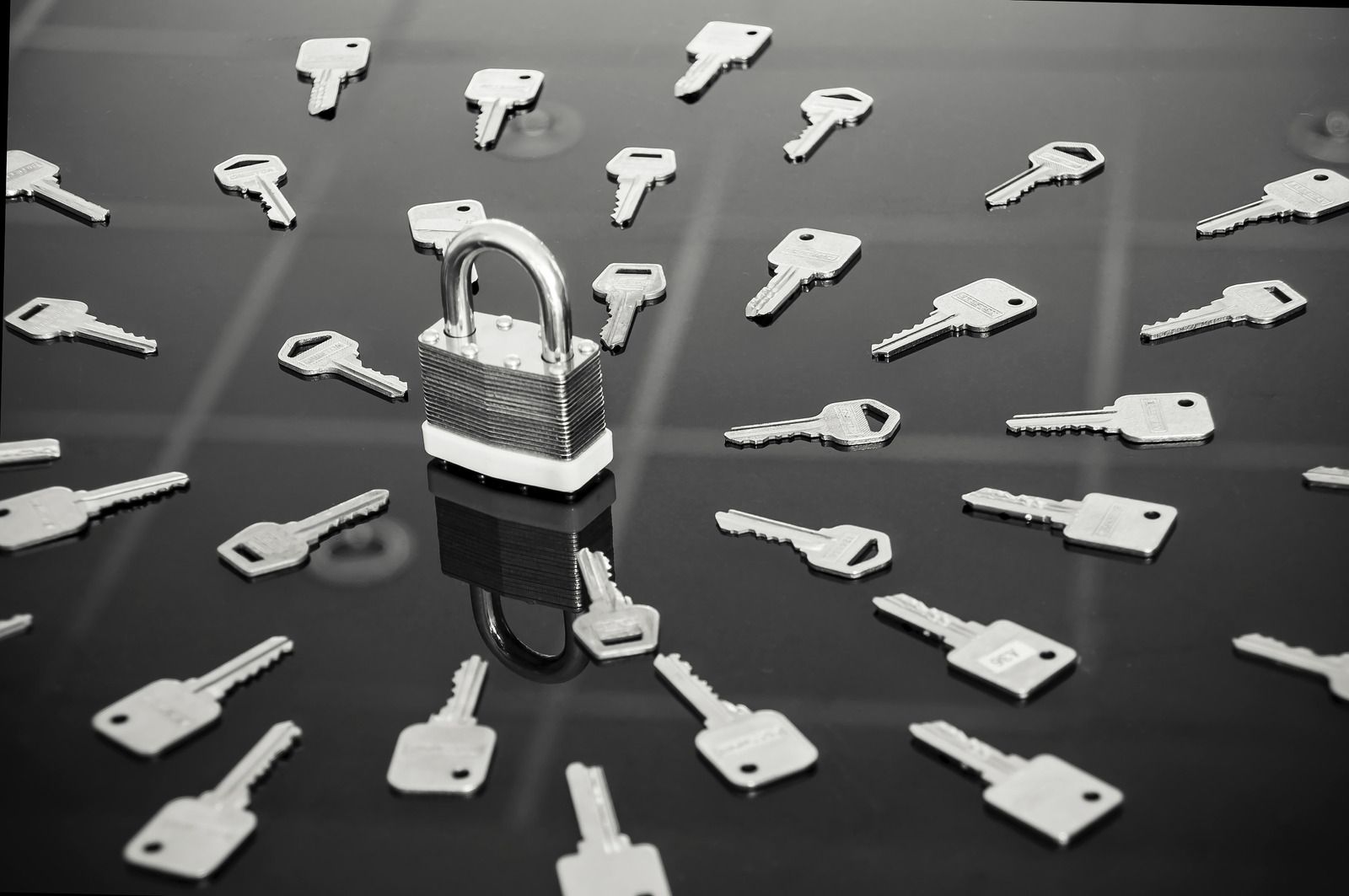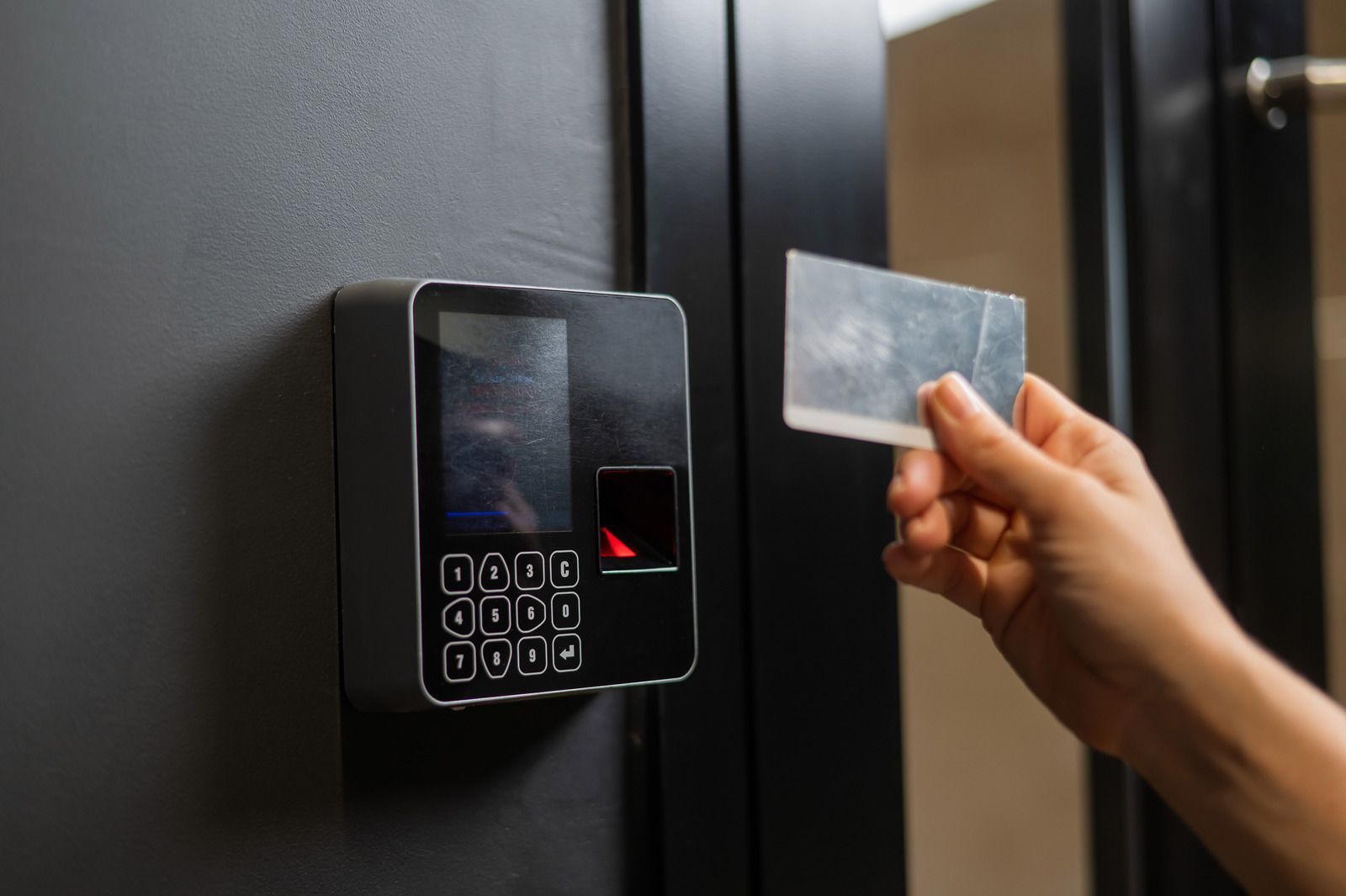LOCK EXPERTS
AUTOMOTIVE • RESIDENTIAL • COMMERCIAL
April 25, 2017 || Destin Locksmithing
In your lifetime, you’ve probably seen at least one key stamped “Do Not Duplicate” or “No Replications.” They are most prevalent for key sets handed out by property managers or rental companies for apartments or other rental properties. And, unfortunately for renters, those companies like to charge an arm and a leg to replace a misplaced key, even if it was something accidental like your toddler flushing it down the toilet. So, what happens when an important key gets flushed or lost and you’re down to one? It’s understandable that you don’t want to eat the rental company’s high fee for an accident. Fortunately, there is another option: calling your local locksmith.
Why do they say “Do Not Duplicate?”
Generally speaking, that foreboding “Do Not Duplicate” message is there to offer another layer of key control. When you lease an apartment or gain key-holder responsibilities at a job, part of that stack of paperwork you sign is an acknowledgment that you received a set of keys and, if available, the number or code designating that specific set. The idea behind this, as you may imagine, is to prevent unauthorized people from walking off with your keys, duplicating them, tossing them under a table near where you were, and breaking into your home or the business with the turn of a key. If, as we mentioned above, your toddler flushed the spare house key and you know exactly where it went, there doesn’t seem to be much of a security risk – at least, not one worth paying what your property management company expects in order to replace it.
Can I get it duplicated anyway?
Despite what you might think, there is no actual legal restriction about duplicating most of the “Do Not Duplicate” keys. Unless a key is restricted, which means it is protected by U.S. patent laws and can only be repaired or duplicated except by the makers. So, unless a key is restricted, it may be allowed to be duplicated by any key maker or locksmith. However, this is, of course, done at the locksmith’s discretion; just because it isn’t against the law doesn’t mean the locksmith must duplicate the key for you. If you’re unsure whether the key is restricted or not, ask your local locksmith for guidance.
Better means of business protection…
If you are a property manager, leasing company, or business concerned about safety and key duplication, there are other means of securing your building(s). The simplest step to begin with is rekeying the locks, but this may not be the best option for a business with multiple keyholders. A more secure method is to invest in a keyless deadbolt system. This will provide the security of a deadbolt lock, but allow you to set and reset codes and view logs of access times and codes used, which will allow you to restrict who can unlock those entries.
If you have questions about everything from duplicating a key to increasing security for your home or business, contact Destin Locksmithing for advice and assistance from Destin area’s trusted locksmithing service.

